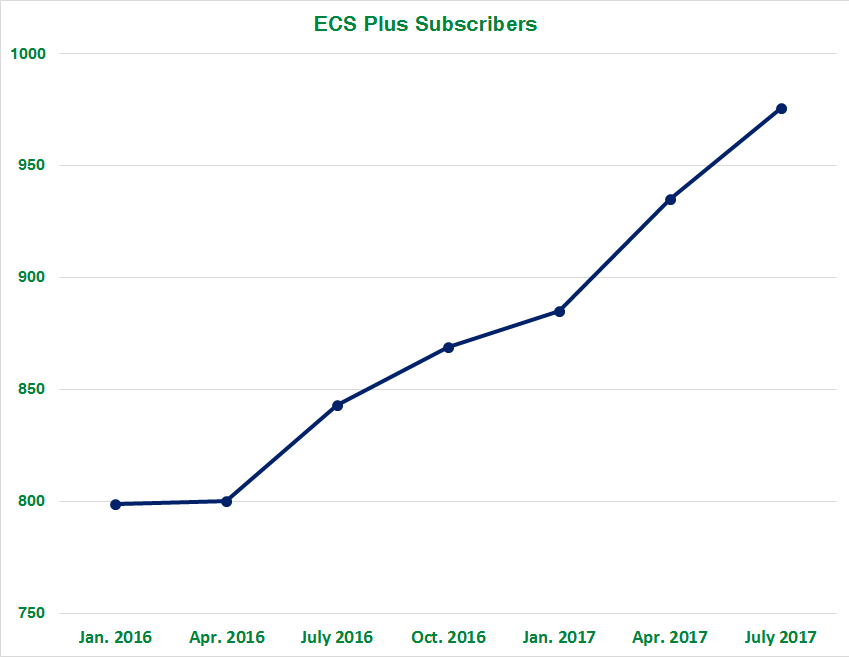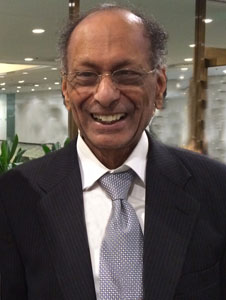Q&A series with ECS OpenCon 2017 speakers

Dan Schwartz, Boeing-Sutter Professor and director of the Clean Energy Institute at the University of Washington
ECS will be hosting its first ever OpenCon event on October 1 in National Harbor, MD. OpenCon will be ECS’s first, large community event aimed at creating a culture of change in how research is designed, shared, discussed, and disseminated, with the ultimate goal of making scientific progress faster.
During ECS’s Open Con, Dan Schwartz, director of the Clean Energy Institute at the University of Washington, will give a talk on the open science movement and academia. In addition to speaking at OpenCon, Schwartz will also co-organize the ECS Data Sciences Hack Day.
The following conversation is part of a series with speakers from the upcoming ECS OpenCon. Read the rest of the series.
ECS: When we say “data sciences,” what does this encompass?
Dan Schwartz: “Data science” is shorthand for the scientific and engineering principles that underpin efficient creation, visualization, analysis, and sharing of data. I have a conjecture—unevaluated but euphemistically called “Schwartz’s law” around here—that every PhD I graduate produce more data than the sum of all prior PhDs. Basically, each year cameras and detectors have deeper bit depth, equipment and software get more automated, more of the software tools allow data and simulation to be animated, etc. In short, both experimentalists and simulation people are seeing huge growth in data they need to analyze, visualize, and share with collaborators.
ECS: Specifically, what areas of electrochemistry and/or solid state science can most benefit from the various components of data sciences, such as open data, open source software and cloud-based computing tools, etc.?
DS: I believe we can accelerate progress and improve reproducibility of all ECS science and technology through open data, open software, and access to shared computational resources. A critical part of this is building the ECS community that establishes standards for data repositories, creates, peer evaluates, and improves software tools.
(more…)
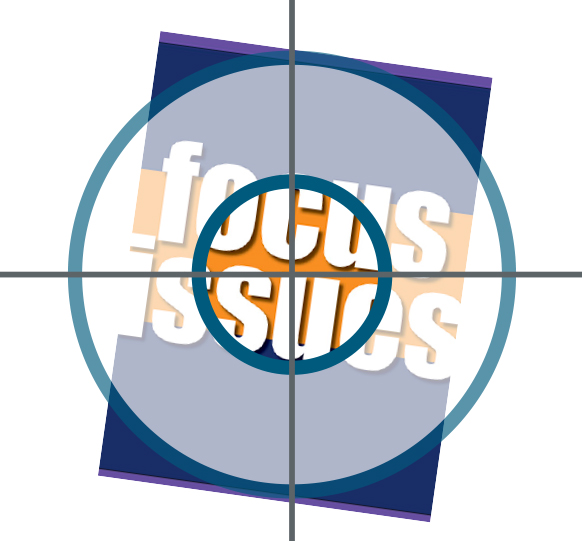 The Journal of The Electrochemical Society (JES) Focus Issue on Oxygen Reduction and Evolution Reactions for High Temperature Energy Conversion and Storage is now complete, with 16 open access papers published in the ECS Digital Library.
The Journal of The Electrochemical Society (JES) Focus Issue on Oxygen Reduction and Evolution Reactions for High Temperature Energy Conversion and Storage is now complete, with 16 open access papers published in the ECS Digital Library.

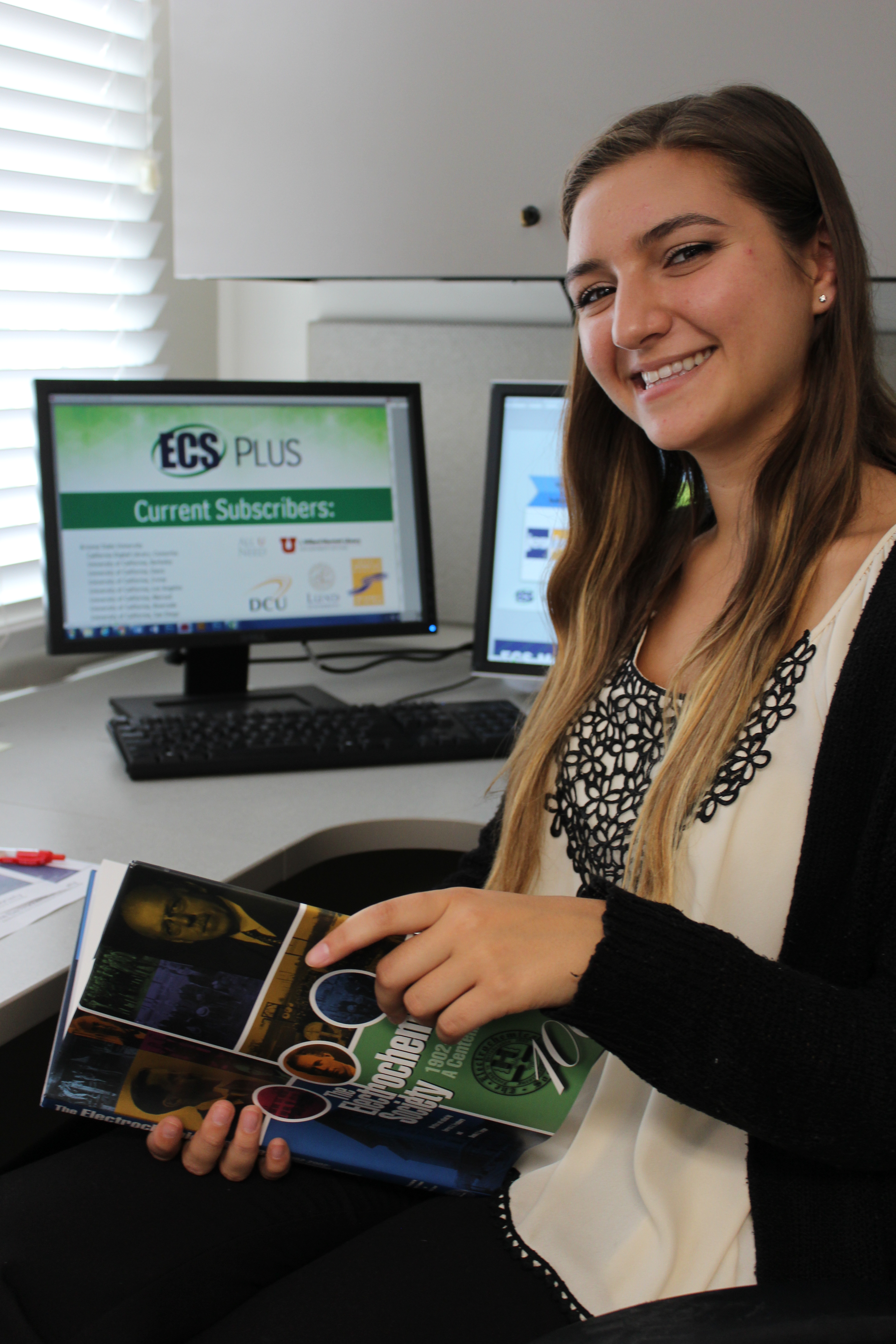
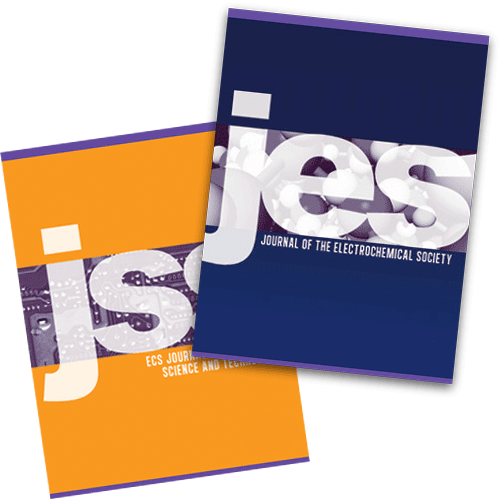 Tech Highlights was prepared by David Enos, Mara Schindelholz, and Mike Kelly of Sandia National Laboratories, Colm Glynn and David McNulty of University College Cork, Ireland, and Donald Pile of Rolled-Ribbon Battery Company. This article was originally published in
Tech Highlights was prepared by David Enos, Mara Schindelholz, and Mike Kelly of Sandia National Laboratories, Colm Glynn and David McNulty of University College Cork, Ireland, and Donald Pile of Rolled-Ribbon Battery Company. This article was originally published in 
